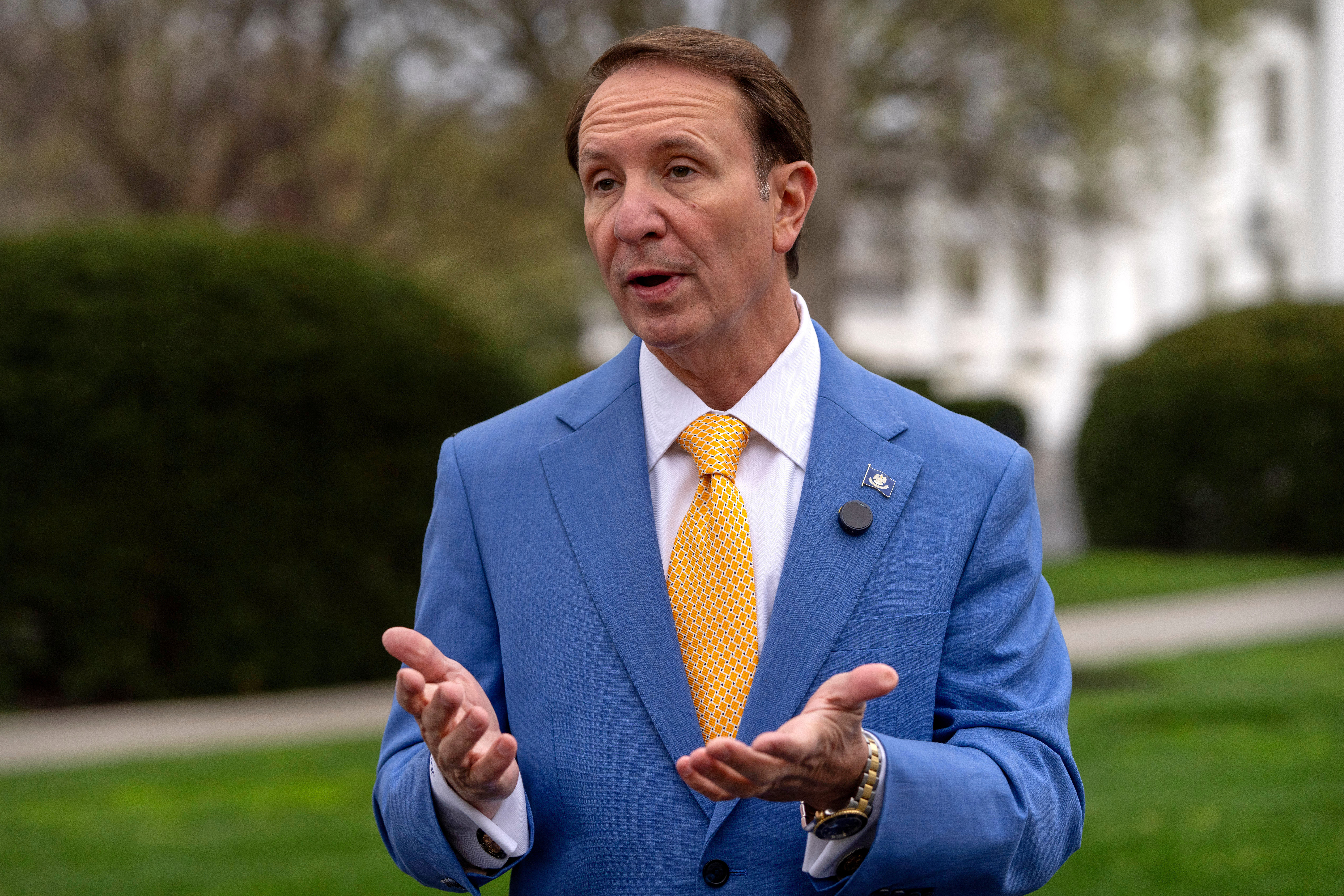The United Nations believes the Ebola outbreak in West Africa is ready to move beyond a problem that only affects healthcare.
While many headlines rightfully focus on the spread of the disease and the more than 1,500 people who have died from infection, the fear of the virus and efforts to stop its spread may affect the food supply to large areas. (Video via The New York Times)
The United Nations Food and Agriculture Organization put out both an article and presentation warning of the effects of the closure of border crossings and reduced trading at seaports in Guinea, Liberia and Sierra Leone.
The problem is two-fold. Quarantine zones and travel restrictions are keeping both food and people from moving. The U.N. says that's already caused a spike in food prices, and a lack of laborers will eventually hurt the harvest local economies rely on.
The U.N. official heading up the response said, "Even prior to the Ebola outbreak, households in some of the affected areas were spending up to 80 percent of their incomes on food. Now these latest price spikes are effectively putting food completely out of their reach."
BBC REPORTER: "The governments of Sierra Leone, Guinea and Liberia are now diverting funds meant for other projects into the fight against Ebola. The World Food Program is scaling up its operations."
The World Food Programme says its operation has increased to feeding more than 1 million people. Operations like this one in Liberia deliver rice, split peas and cooking oil to families of five.
But the overall effort isn't without its critics. In an op-ed for Sunday's The Washington Post, the president of the World Bank said many people have died because of the world's "disastrously inadequate response" to Ebola.
The World Health Organization's latest numbers put out late last week put the death toll at 1,552 people. The organization said the virus has infected 3,069 people.
This video includes images from Getty Images / John Moore.











